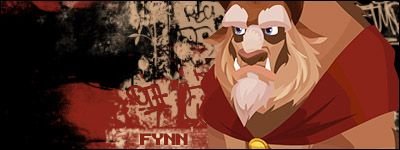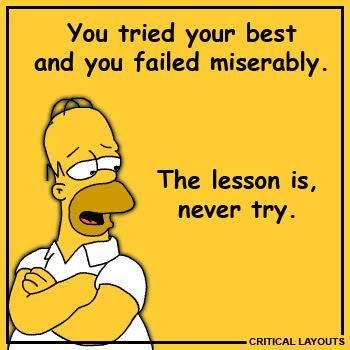
Originally Posted by
Wolf Kanno

Lightning: I'M ANGRY! *Punches Snow and gives bad advice to minors*
Snow: I'M THE HERO! I'M GOING TO SAVE SERAH! SERAH WANTS US TO SAVE COCOON! SERAH'S FOCUS WAS TO SAVE COCOON! Oafghff *sound he makes when Lightning punches him in the face, which is almost every damn cutscene the two are featured in together*
Hope: I lost my mommy! I don't know what to do... Snow killed her even though I totally saw him try to save her but I'm an eight year old trapped in a teen body and will rewrite reality in my head to justify all my ANGST! Oh he saved me, he's like a cool big bro...
Sahz: I'm looking for my son, have you seen him? Oh let me act like Eddie Murphy for a few minutes and be all like "Damn Lightning, you crazy gurl!" Now I'm going to kill myself, Psych!
Vanille: HI! My name is Vanille, I'm going to spend the next thirty hours being painfully suspicious until you realize almost everything about me before I reveal it because I only know that subtlety is a word in a dictionary. I'll also be responsible for all of the uncomfortable T&A in this game, just like Rikku did in FFX, so all the pedophiles that play these games will get their money's worth. I caused all the problems in the plot and wish I wasn't always being rescued but I'll keep making the same mistake until I take part in the game's Deus ex Machina that had no foreshadowing whatsoever and then you'll have to feel sad for me just because that's what the writer intended but didn't understand how to do so. Tee-hee.
Fang; I'm going to pop up early and be mysterious and interesting until I join the party and do jack trout for the plot. Oh, I might also be a lesbian. Maybe...






 Reply With Quote
Reply With Quote









